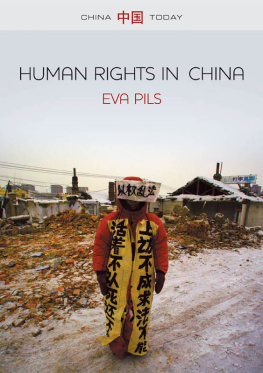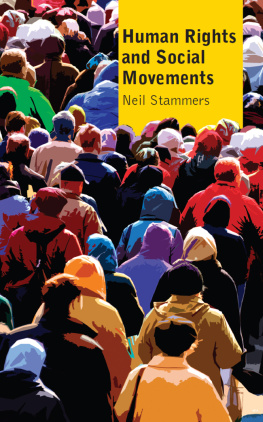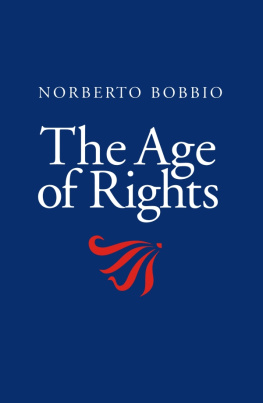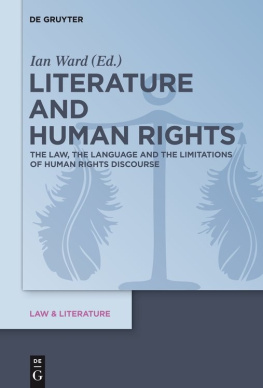
China Today Series
- Greg Austin, Cyber Policy in China
- Jeroen de Kloet and Anthony Y. H. Fung, Youth Cultures in China
- Steven M. Goldstein, China and Taiwan
- David S. G. Goodman, Class in Contemporary China
- Stuart Harris, China's Foreign Policy
- William R. Jankowiak and Robert L. Moore, Family Life in China
- Elaine Jeffreys with Haiqing Yu, Sex in China
- Michael Keane, Creative Industries in China
- Joe C. B. Leung and Yuebin Xu, China's Social Welfare
- Hongmei Li, Advertising and Consumer Culture in China
- Orna Naftali, Children in China
- Eva Pils, Human Rights in China
- Pitman B. Potter, China's Legal System
- Pun Ngai, Migrant Labor in China
- Xuefei Ren, Urban China
- Nancy E. Riley, Population in China
- Judith Shapiro, China's Environmental Challenges 2nd edition
- Alvin Y. So and Yin-wah Chu, The Global Rise of China
- Teresa Wright, Party and State in Post-Mao China
- Jie Yang, Mental Health in China
- You Ji, China's Military Transformation
- LiAnne Yu, Consumption in China
- Xiaowei Zang, Ethnicity in China
Copyright page
Copyright Eva Pils 2018
The right of Eva Pils to be identified as Author of this Work has been asserted in accordance with the UK Copyright, Designs and Patents Act 1988.
First published in 2018 by Polity Press
Polity Press
65 Bridge Street
Cambridge CB2 1UR, UK
Polity Press
101 Station Landing
Suite 300,
Medford, MA 02155 USA
All rights reserved. Except for the quotation of short passages for the purpose of criticism and review, no part of this publication may be reproduced, stored in a retrieval system or transmitted, in any form or by any means, electronic, mechanical, photocopying, recording or otherwise, without the prior permission of the publisher.
ISBN-13: 978-1-5095-0069-7
ISBN-13: 978-1-5095-0070-3(pb)
A catalogue record for this book is available from the British Library.
Typeset in 11.5 on 15 pt Adobe Jenson Pro
by Toppan Best-set Premedia Limited
Printed and bound in Great Britain by CPI Group (UK) Ltd, Croydon.
The publisher has used its best endeavours to ensure that the URLs for external websites referred to in this book are correct and active at the time of going to press. However, the publisher has no responsibility for the websites and can make no guarantee that a site will remain live or that the content is or will remain appropriate.
Every effort has been made to trace all copyright holders, but if any have been inadvertently overlooked the publisher will be pleased to include any necessary credits in any subsequent reprint or edition.
For further information on Polity, visit our website: politybooks.com
Map
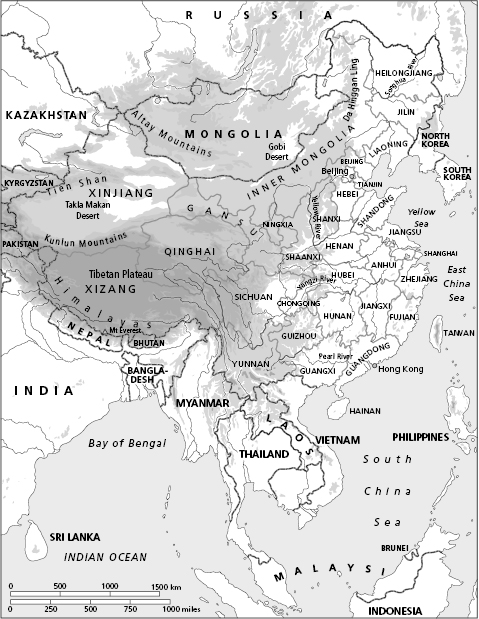
Chronology
| 18945 | First SinoJapanese War |
| 1908 | Draft Constitution incorporates individual rights |
| 1911 | Fall of the Qing dynasty |
| 1912 | Republic of China established under Sun Yat-sen |
| 1927 | Split between Nationalists (KMT) and Communists (CCP); civil war begins |
| 19345 | CCP under Mao Zedong evades KMT in Long March |
| December 1937 | Nanjing Massacre |
| 193745 | Second SinoJapanese War |
| 19459 | Civil war between KMT and CCP resumes |
| October 1949 | KMT retreats to Taiwan; Mao founds People's Republic of China (PRC) |
| 19503 | Korean War |
| 19537 | First Five-Year Plan; PRC adopts Soviet-style economic planning |
| 1954 | First Constitution of the PRC and first meeting of the National People's Congress |
| 19567 | Hundred Flowers Movement, a brief period of open political debate |
| 1957 | Anti-Rightist Movement |
| 195860 | Great Leap Forward, an effort to transform China through rapid industrialization and collectivization |
| 1958 | The household registration (hukou) system is introduced |
| March 1959 | Tibetan Uprising in Lhasa; Dalai Lama flees to India |
| 195961 | Three Hard Years, widespread famine with tens of millions of deaths |
| 1960 | SinoSoviet split |
| 1962 | SinoIndian War |
| October 1964 | First PRC atomic bomb detonation |
| 196676 | Great Proletarian Cultural Revolution; Mao reasserts power |
| February 1972 | President Richard Nixon visits China; Shanghai Communiqu pledges to normalize USChina relations |
| September 1976 | Death of Mao Zedong |
| October 1976 | Ultra-Leftist Gang of Four arrested and sentenced |
| December 1978 | Deng Xiaoping assumes power; launches Four Modernizations and economic reforms |
| 1978 | One-child family planning policy introduced |
| 1979 | US and China establish formal diplomatic ties; Deng Xiaoping visits Washington |
| 1979 | PRC invades Vietnam |
| 1982 | Census reports PRC population at more than one billion |
| 1982 | Fourth Constitution of the PRC |
| December 1984 | Margaret Thatcher co-signs SinoBritish Joint Declaration agreeing to return Hong Kong to China in 1997 |
| 1988 | PRC ratifies the Convention Against Torture |
| 1989 | Tiananmen Square protests culminate in June 4 military crackdown |
| 1991 | First government White Book on Human Rights |
| 1992 | Deng Xiaoping's Southern Inspection Tour re-energizes economic reforms and drive to urbanization |
| 19932002 | Jiang Zemin is president of PRC, continues economic growth agenda |
| 1998 | PRC signs the ICCPR (not yet ratified) |
| 2001 | PRC ratifies the ICESCR |
| November 2001 | WTO accepts China as member |
| 200212 | Hu Jintao, General-Secretary CCP (and President of PRC from 2003) |
| 20023 | SARS outbreak concentrated in PRC and Hong Kong |
| 2003 | Sun Zhigang Incident and founding of NGO Gongmeng |
| 2004 | Constitution includes phrase the state respects and protects human rights |
| 20045 | Lawyer Gao Zhisheng publishes open letters on Falun Gong torture |
| 2006 | PRC supplants US as largest CO2 emitter |
| December 2006 | Founding of anti-discrimination NGO Yirenping |
| August 2008 | Summer Olympic Games in Beijing |
| December 2008 | Publication of Charter 08, imprisonment of Liu Xiaobo |
| 2010 | Shanghai World Exposition |
| 2011 | The Jasmine Crackdown targets human rights defenders |
| 2012 | Xi Jinping appointed General-Secretary of the CCP (and President of PRC from 2013) |
Next page
